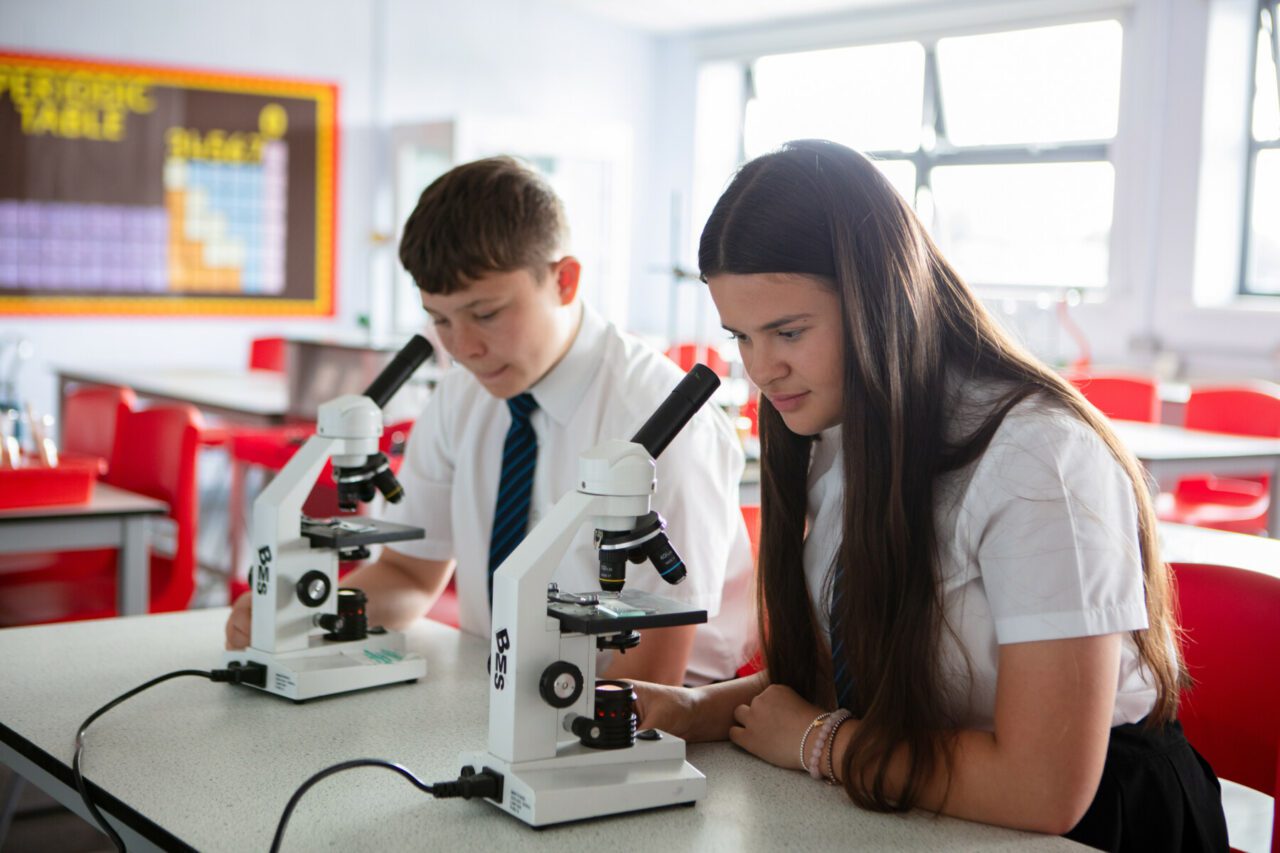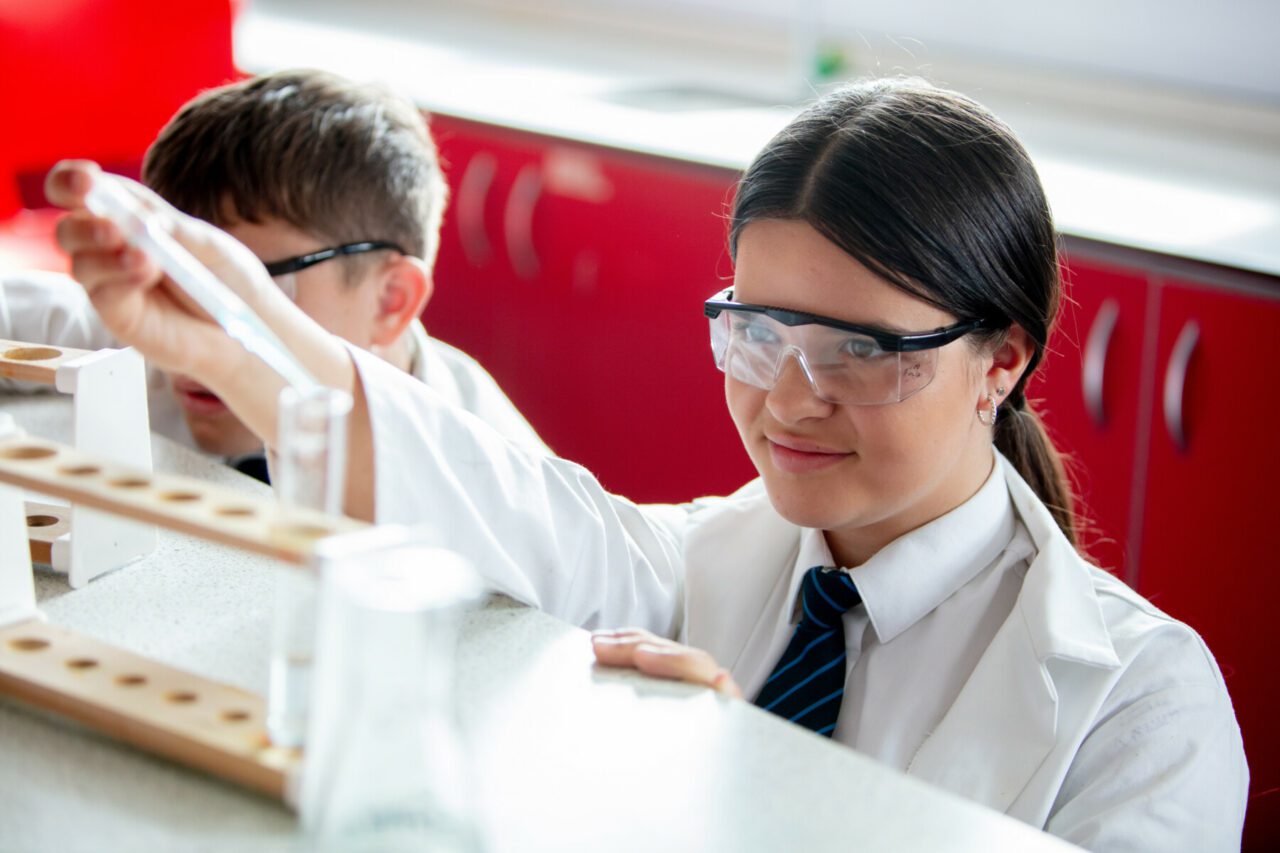Curriculum Intent
The word Science is derived from a Latin word for ‘knowledge’ and can be defined as the theoretical and practical activity encompassing the systematic study of the structure and behaviour of the physical and natural world through observation and experiment.
The Science curriculum at the Long Eaton School has been designed to provide students with a deep understanding of Scientific knowledge and ideas whilst developing and maintaining curiosity about the world, enjoyment of scientific activity and an awareness of how natural phenomena can be explained.
The spiral design of the curriculum allows for understanding of ‘the big ideas’ in Science in a logical order with the complexity of content increasing year on year. The curriculum also provides students with an insight into working scientifically, enabling students to understand the world around them and appreciate the value of science in their everyday lives.
Studying Science at the Long Eaton School offers a platform for future advanced science-based study or a gateway into a wide range of career opportunities.
Curriculum Overview
These are the key principles underpinning our Science curriculum:
- Develop a knowledge rich curriculum, supported by high quality teacher instruction, collaborative learning and the opportunity for students to demonstrate understanding.
- Effective use of models to explain concepts and critical evaluation of these models
- Literacy, new key language is introduced, explained and modelled when building on prior learning, development, understanding and use of scientific language and commonalities in language between other curriculum areas
- The sequence of learning
- Retrieval practice and spaced practice
- Frequent ‘low stakes’ checkpoints that feedback into classroom planning
The Science Curriculum at Archway Learning Trust will encourage an enjoyment of Science, promote a natural curiosity and inspire a desire to explore the world around us. Following the National Curriculum principal “to develop a deeper understanding of a range of scientific ideas in Biology, Chemistry and Physics”, students will build on their prior knowledge and form links between this and new concepts. Students will discover fourteen big ideas throughout their time in our school, as they use their developing knowledge to build their scientific understanding layer by layer.
The big ideas for Biology are:
- Cells are alive
- Bodies are Systems
- Organisms are Interdependent
- Ecosystems recycle resources
- Characteristics are inherited
- Species show variation
The big ideas for Chemistry are:
- Structure determines properties
- Reactions rearrange matter
- Earth systems interact
The big ideas for Physics are:
- Contact Forces and Motion
- Non-contact Forces
- Energy Stores and Transfers
- Electrical Circuits
- Energy Transferred by Radiation
Please click on the following links to see an overview of the curriculum for each of the sciences:
Potential careers:
Some careers that Science might be particularly helpful include:
Architect, Doctor, Dentist, Chemist, Climate Change Analyst, Journalist, Teacher, Environmental Manager, Geologist, Research Scientist, Ecologist, Microbiologist, Forensic Scientist, Toxicologist, Engineer, Pharmacologist, Pharmacist and many more…
Useful Links:
http://www.bbc.co.uk/education
BBC Bitesize – Useful for both Key Stage 3 and Key Stage 4 revision
Primrose Kitten – YouTube Tutorials for GCSE & A-Level – View

